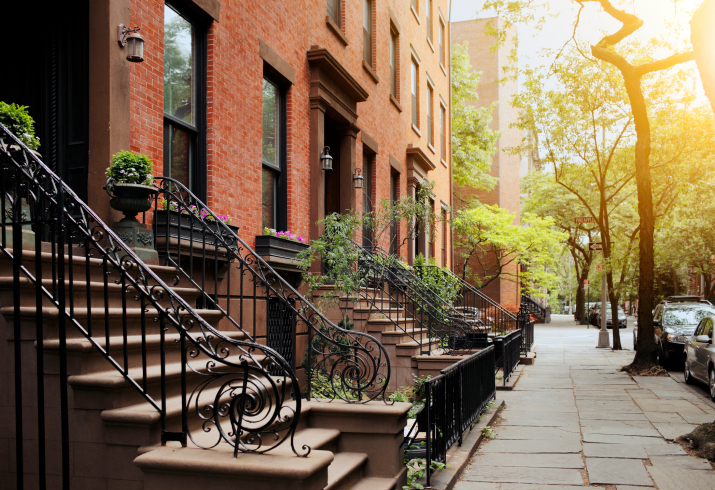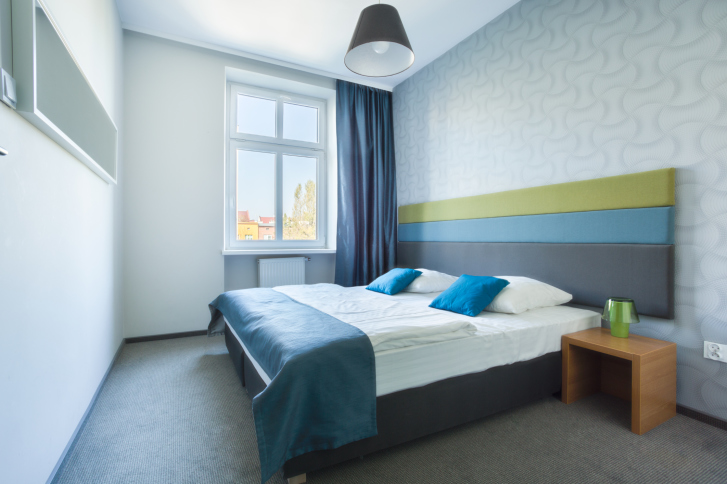Moving Can Lead To A Major Emotional Lift
 This past year has been stressful for everyone involved. A lot of people have had to spend more time in their house than they ever have in the past. When this is combined with trying to conduct work and school from home, it is easy to see why people are so eager to get out of their house.
This past year has been stressful for everyone involved. A lot of people have had to spend more time in their house than they ever have in the past. When this is combined with trying to conduct work and school from home, it is easy to see why people are so eager to get out of their house.
Even though a lot of people are spending more time outside, it might be better to consider moving entirely. The reality is that a lot of people are currently associating their home with a lot of bad memories. Therefore, moving may be a smart idea. What should people consider when moving?
Think About The Weather In The New Location
First, it is important for everyone to think about the weather. Of course, the first factor is the average temperature. People should look for a location that isn’t too cold or too hot. Ideally, this new home should have a bit of a variety. New experiences can go a long way toward improving people’s emotional health.
Then, it is smart to take a look at the precipitation level as well. Nobody wants to go an entire year without seeing rain; however, if it rains all the time, this may make it hard to spend time outside. Think about looking for a location that has mostly clear skies with an average precipitation of around 60 inches or so.
Consider the Population Level of the Location
With a general location in mind, it is time to take a closer look at some options. Usually, these are broken down into three separate categories: Urban, suburban, and rural. Largely, this is a personal decision. Individuals who are younger may be looking for a more urban area that has more “stuff” to do. Those children may be looking for a suburban area with more opportunities to play safely outside. The location is also going to dictate housing prices, which will help homebuyers set their budgets.
Consider Moving For An Emotional Lift
Ultimately, moving can be just the emotional list that people need. It is critical to think about these factors during an upcoming move. That way, everyone can make the right decision to meet their needs.

 Finding the perfect property is an exciting feeling, but its relative location can leave a lot of room for worry. Buying a home in the city is a venture that comes with an entire assortment of advantages and disadvantages. While the location might be close in proximity to businesses, services, and other people, it’s easy to worry about the other aspects of city living. What are the great and not-so-great facets of living on a busy street?
Finding the perfect property is an exciting feeling, but its relative location can leave a lot of room for worry. Buying a home in the city is a venture that comes with an entire assortment of advantages and disadvantages. While the location might be close in proximity to businesses, services, and other people, it’s easy to worry about the other aspects of city living. What are the great and not-so-great facets of living on a busy street? If you’re moving from a large home into a smaller house or condo, you’re probably looking forward to enjoying a lower utility bill and not having to do as much cleaning. But before you move, you’ll want to take certain precautions to ensure that you’re not overwhelmed.
If you’re moving from a large home into a smaller house or condo, you’re probably looking forward to enjoying a lower utility bill and not having to do as much cleaning. But before you move, you’ll want to take certain precautions to ensure that you’re not overwhelmed.